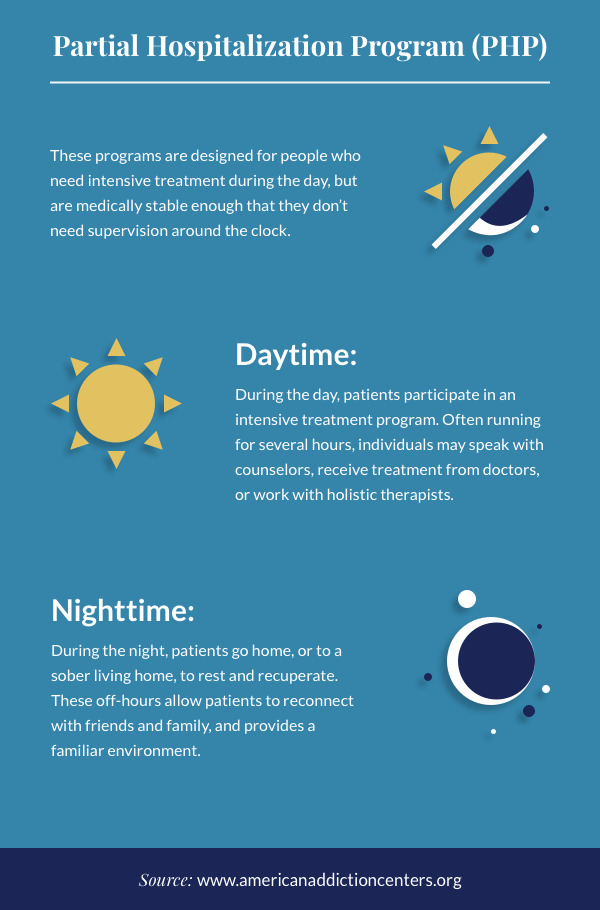I wish for my patients that understanding that there is biology somewhere down deep in these problematic and frequently dangerous habits can mitigate the self-loathing and guilt that is almost universal amongst individuals with dependency. And to understand that it might even go deeper, to the genes and experiences over which they had no control, may also assist.
And when we get proficient at it, possibly, just perhaps, we can start to have the option to live a life that is acceptable or even much better than we 'd pictured. Commenting has been closed for this post.
Is addiction really an illness or a matter of choice? Ask the mom who lost her 19-year-old boy the laughing household prankster who made a full-ride college scholarship as a strong student and star second baseman to drugs. The moody, angry dropout who made it through overdoses to get caught getting into cars and trucks wasn't the boy she raised (how to get over drug addiction).
The majority of medical professionals concur. The American Medical Association (AMA) classified alcohol addiction as an illness in 1956 and consisted of dependency as an illness in 1987. In 2011 the American Society of Dependency Medicine (ASAM) joined the AMA, defining dependency as a chronic brain disorder, not a habits problem, or just the result of making bad options.
Like other chronic diseases such as diabetes and heart illness, specialists are still learning more about how and why the illness develops. Let's take a look at what they understand up until now. Alcohol or drug dependency, also called compound use condition, is a chronic disease of the brain that can happen to anyone.
Dependency alters the way the brain works, rewiring its structure. Drugs and alcohol hack into your brain's interaction system and hinder how afferent neuron send Additional hints out, receive and process information. Parts of the brain make up our benefit system. They supervise of rewarding us when we do something we likeeating a piece of our Substance Abuse Facility favorite pie, hanging out with friends, going for a run, for instance.
8 Simple Techniques For What Are The Physical Signs Of Drug Addiction
Dopamine makes us feel good and desire to keep doing what we're doing. which neurotransmitter is involved in drug addiction?. It also teaches the brain to duplicate the habits. Cues trigger the reward system, fuel yearnings and develop a habit loop. The odor of pie baking can have you drooling and anticipating the taste delight that's coming.
When you take a drug, your brain launches a flood of dopamine, way more than it would when you're consuming your preferred pie, for circumstances. Your brain overreacts and cut down on dopamine production to bring it down to a regular level. As you continue to utilize drugs, your body produces less dopamine.
Once you're addicted, it takes increasingly more drugs simply to feel normal. Research study has actually shown how dependency changes the locations of the brain in charge of judgment, decision making, learning and memory, and managing habits. Those changes can result in a great trainee flunking out, an other half lying about draining the household savings account or an overdose in a grocery parking lot, with kids viewing from their car seats.
If you attempt to stop utilizing compounds, your brain tries to protect you from the discomfort and intensity of withdrawal signs. Dependency fuels your brain's action to do whatever it takes to stop the cravings and pain. That can indicate overruling the will to "just state no" by taking a beverage or utilizing a drug.

Chronic illness can be dealt with and managed, however it can't be cured. Addiction is a persistent illness of the brain the way diabetes is a persistent disease of the pancreas, and heart problem is among the heart. Addiction does not discriminate. High-rent districts, "seedy" areas, age, race, sex or how much money you makeaddiction weaves its way through all walks of life.
But scientists concur there are a combination of aspects included that can increase your danger: Yes, if addiction runs in the household, the National Institute on Drug Addiction states you have up to a 60% higher danger of becoming addicted too. Simply like growing up in a house where fried foods, soda and sweet sweets increase your threat for cardiovascular disease and diabetes, maturing in a home with grownups who utilize drugs increases the danger of addiction.
Some Known Factual Statements About Where To Find Help For Drug Addiction
Everybody makes a choice about utilizing drugs or taking a drink for the very first time (how to help someone with drug addiction and depression). You don't have a choice about how your brain reacts, nevertheless. When compound usage rewires your brain, your ability to make good decisions gets pirated. Willpower and shaming won't undo the modifications in the brain and remedy dependency.
Just as somebody with diabetes or heart illness needs to choose to exercise and change to a healthy diet to manage their illness, someone with dependency needs to pick treatment. A court order or family's ultimatum might be behind that option. But frequently, someone selects by themselves, desiring a life without dependency and the issues that include it more than the drugs.
For many people, recovery takes treatment that includes behavioral therapy and often, medications to 252072.8b.io/page4.html assist control yearnings and help the brain adapt to functioning without drugs. Getting sober is hard. Staying on track is too. That's the nature of living with a persistent disease. Success takes managing the modifications in the brain and learning how to change deeply rooted habits.
Often it's excessive. Regressions happen, frequently many times. They're not a treatment failure, but a hint to return on track. That can mean making modifications with or altering treatment. Dependency is treatable and it is never prematurely or far too late to ask for help. Nobody has to fight dependency alone.